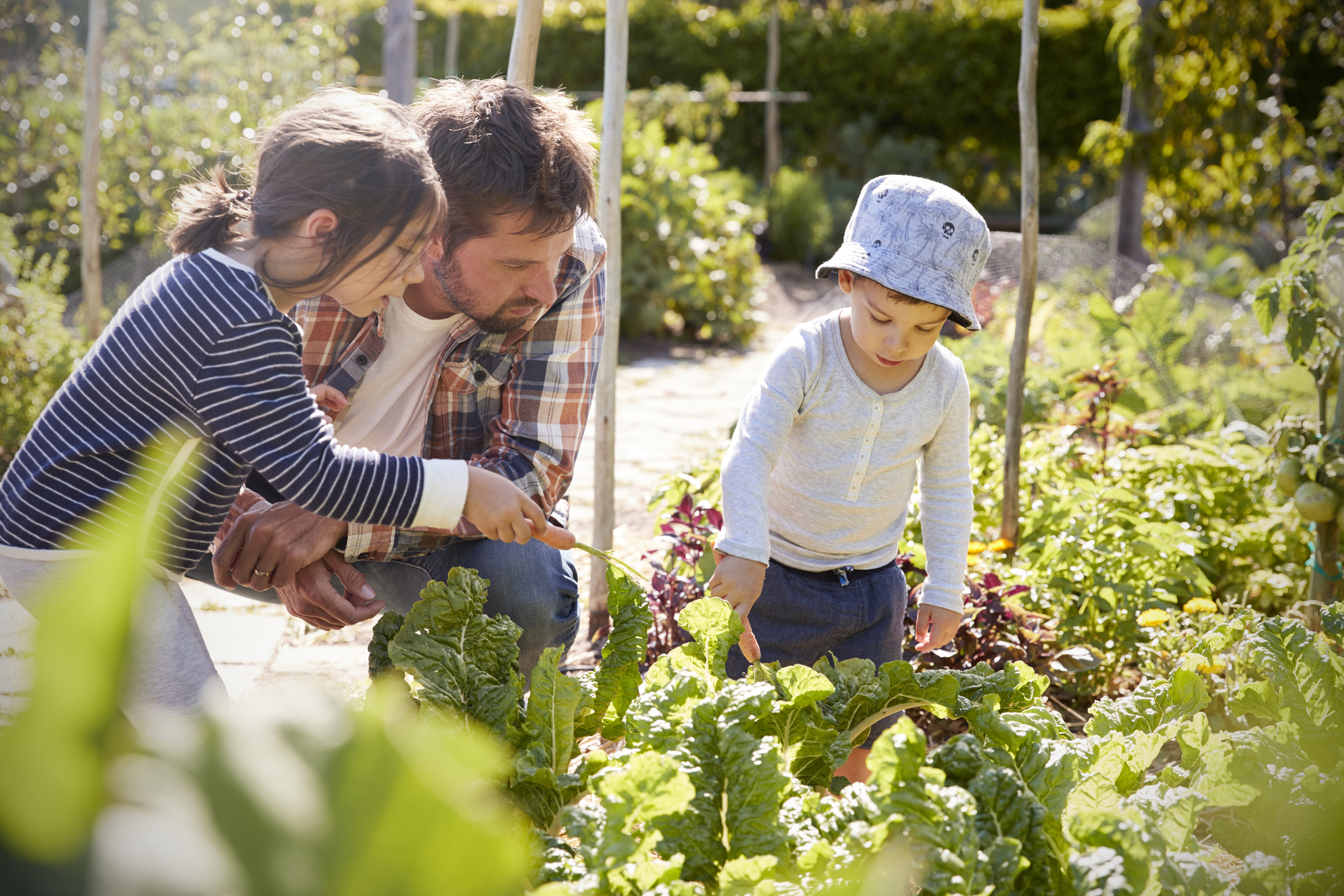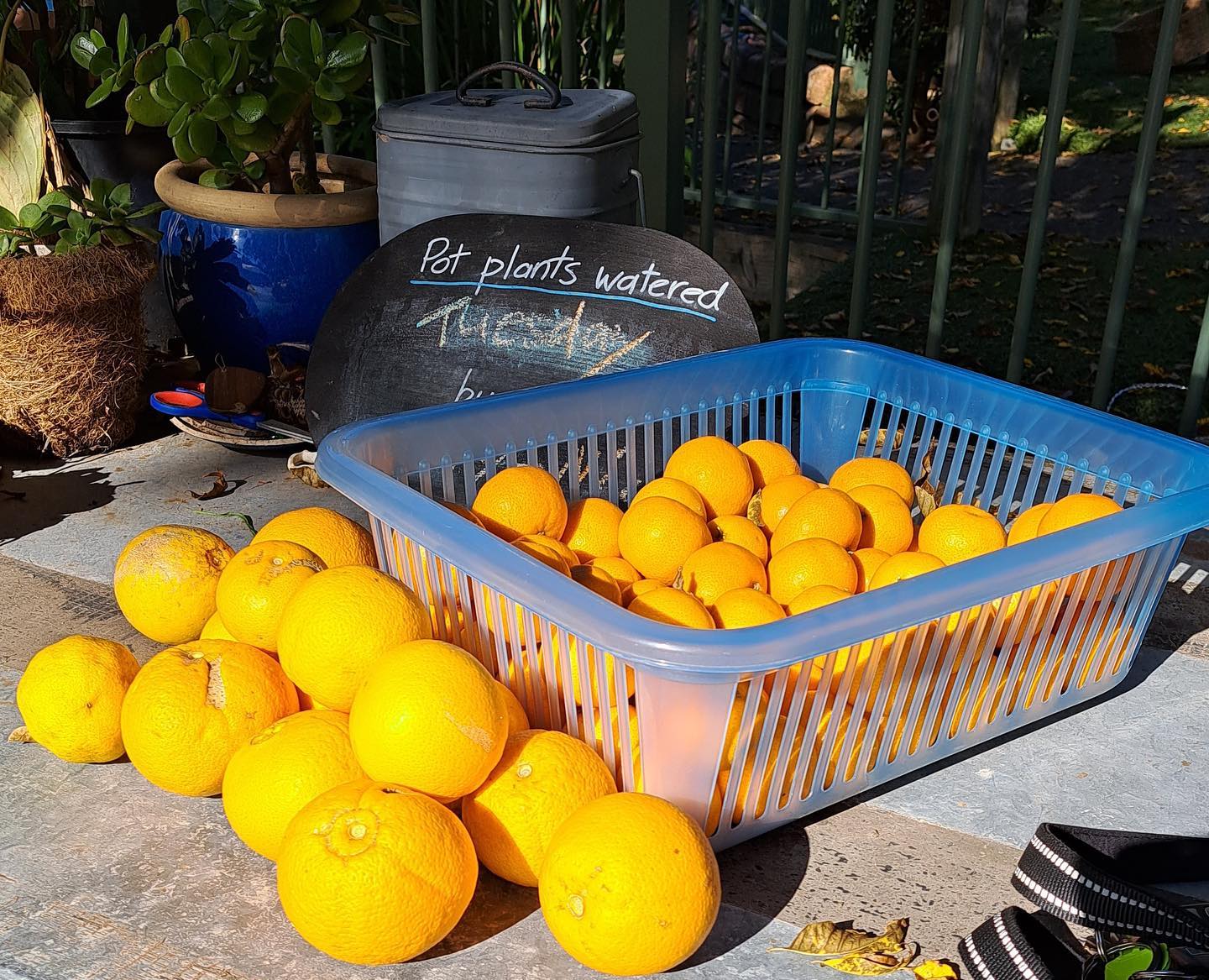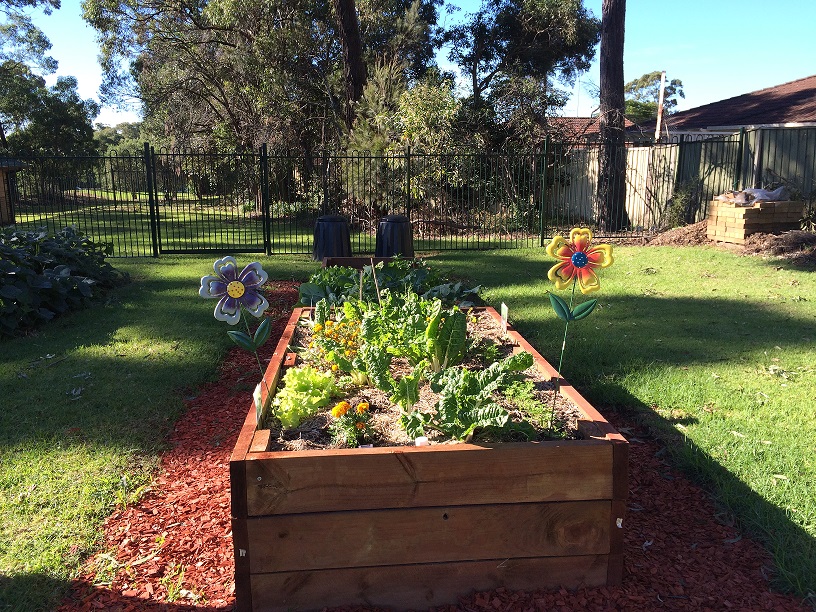
A community garden grows plants, including vegetables and flowers.
Community gardening is a public, not-for-profit activity. It is environmentally friendly and provides a wonderful opportunity to meet like-minded people and share information about gardening.
Community gardens can be situated on public land owned or managed by Council. Suitable locations include parks, reserves, open spaces and community centres.
Download our Community Gardens Guide (PDF)
Who can start up a community garden?
Community groups that have formed an incorporated association can enter into a licence agreement with Council to run a community garden. An incorporated association is a registered legal entity that represents small, non-commercial and not-for-profit groups. For information on how to become an incorporated association, contact Fair Trading NSW.
Community gardens in Sutherland Shire
We have several community gardens in Sutherland Shire who welcome new members. Some of these are on Council land and some are private. They include:
- Grays Point Garden Community, Grays Point
- Gymea Community Aid & Information Service, Gymea
- Miranda Community Garden, Miranda
- Nerang Road Community Garden, Cronulla
Contact us to find a community garden near you or head to Community Gardens Australia.
How to apply for a community garden
- Complete and submit a Community Gardens enquiry form.
- We will carry out a feasibility assessment of the proposed location.
- If the location is suitable, we'll be in touch to discuss further.
- We will also go out to public exhibition and neighbour notification with your proposal.
- If no concerns are raised, we will proceed to the next stage, which is for you to become incorporated and enter into a licence agreement with us for your community garden.
Enquire about starting a community garden
What to consider when selecting a site
- site conditions
- environmental impacts
- accessibility
- utilities and services
- security and anti-social behaviour
- operational issues
- adjoining properties.
Unsuitable sites
- sensitive bushland areas
- sites containing - or adjoining - threatened ecological communities
- locations close to - or above - a creek or waterway
- land set aside for future development
- road reserve, including nature strips.
Fees and charges
The incorporated association is responsible for the costs of running the community garden, such as water and electricity usage, water meter installation, fencing, waste bins and bin collection.
The association will also be required to obtain public liability insurance for $20 million. This level of cover is required to mitigate our risk exposure to potential claims.
Resources
- Community Gardens Australia contains a wealth of information to help set up your garden, including advice on public liability insurance, site selection and management plans.
- Council's free Waste wise workshops cover environmentally-friendly practices, including composting, worm farming and productive organic gardening.
- We have partnered with Compost Revolution to provide residents with discounted items such as worm farms, bokashi bins and compost bins.
- Our Community Gardens Policy outlines the principles behind our community gardens.
- Our Parks Plan of Management provides information on how we manage community land.

